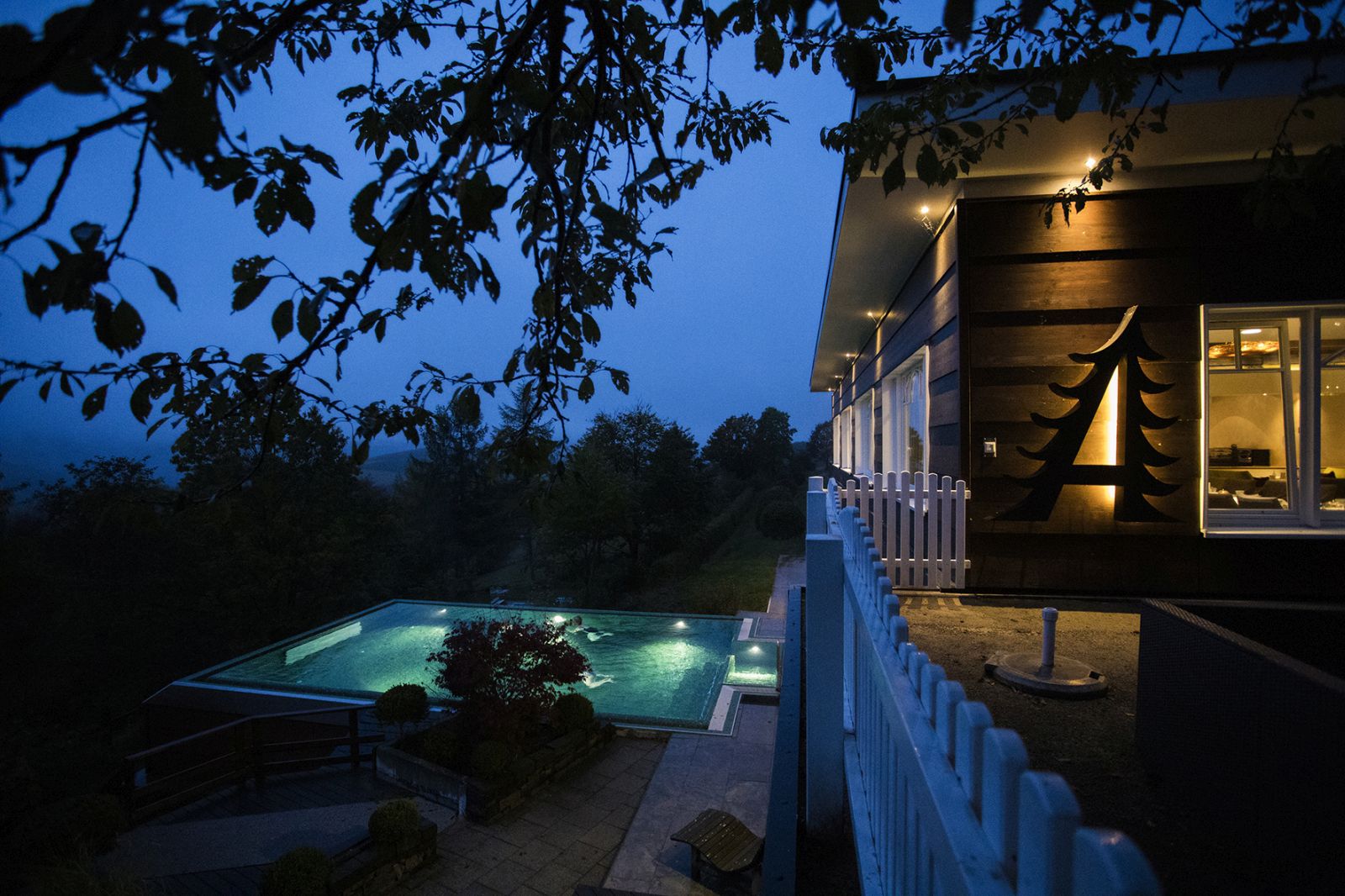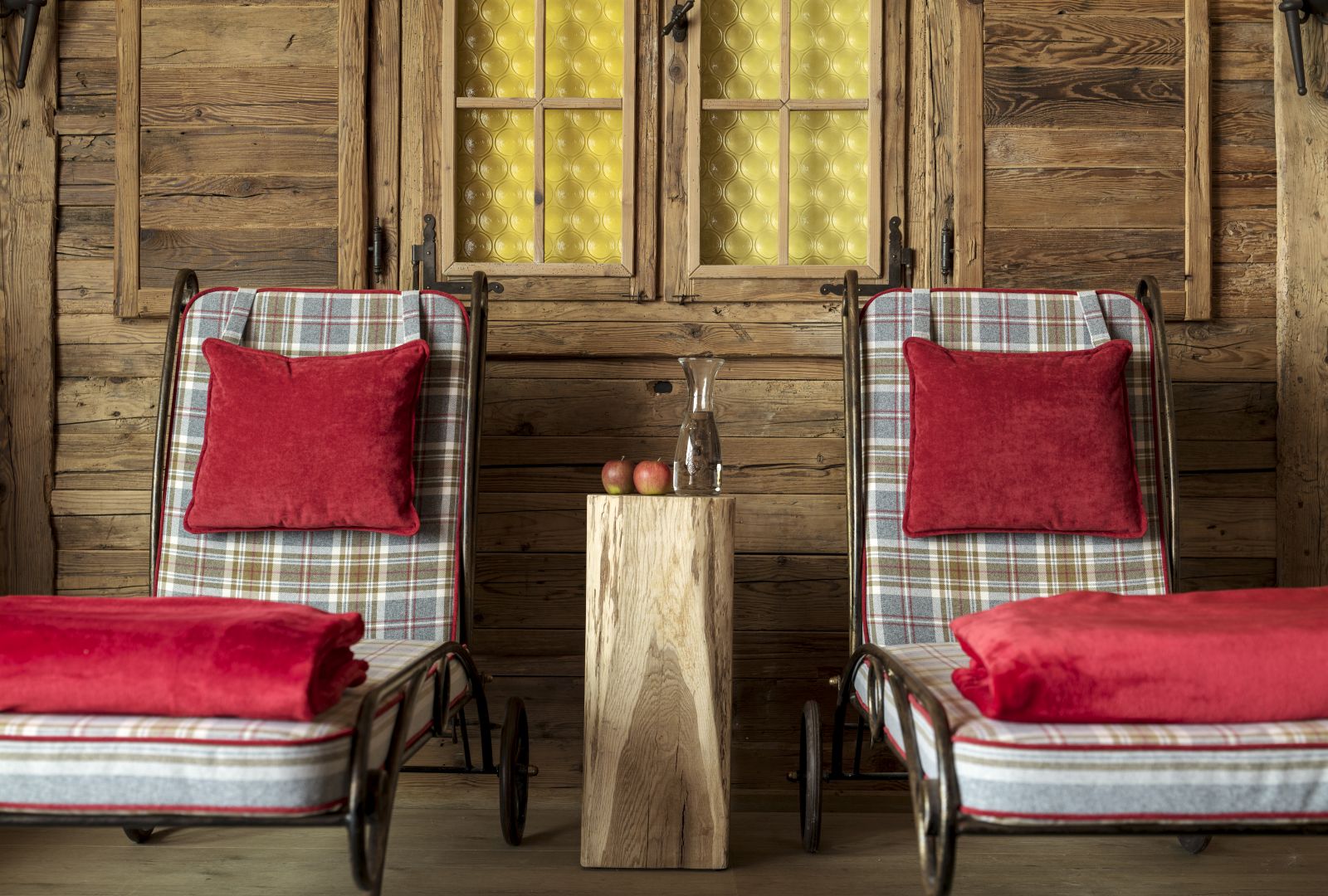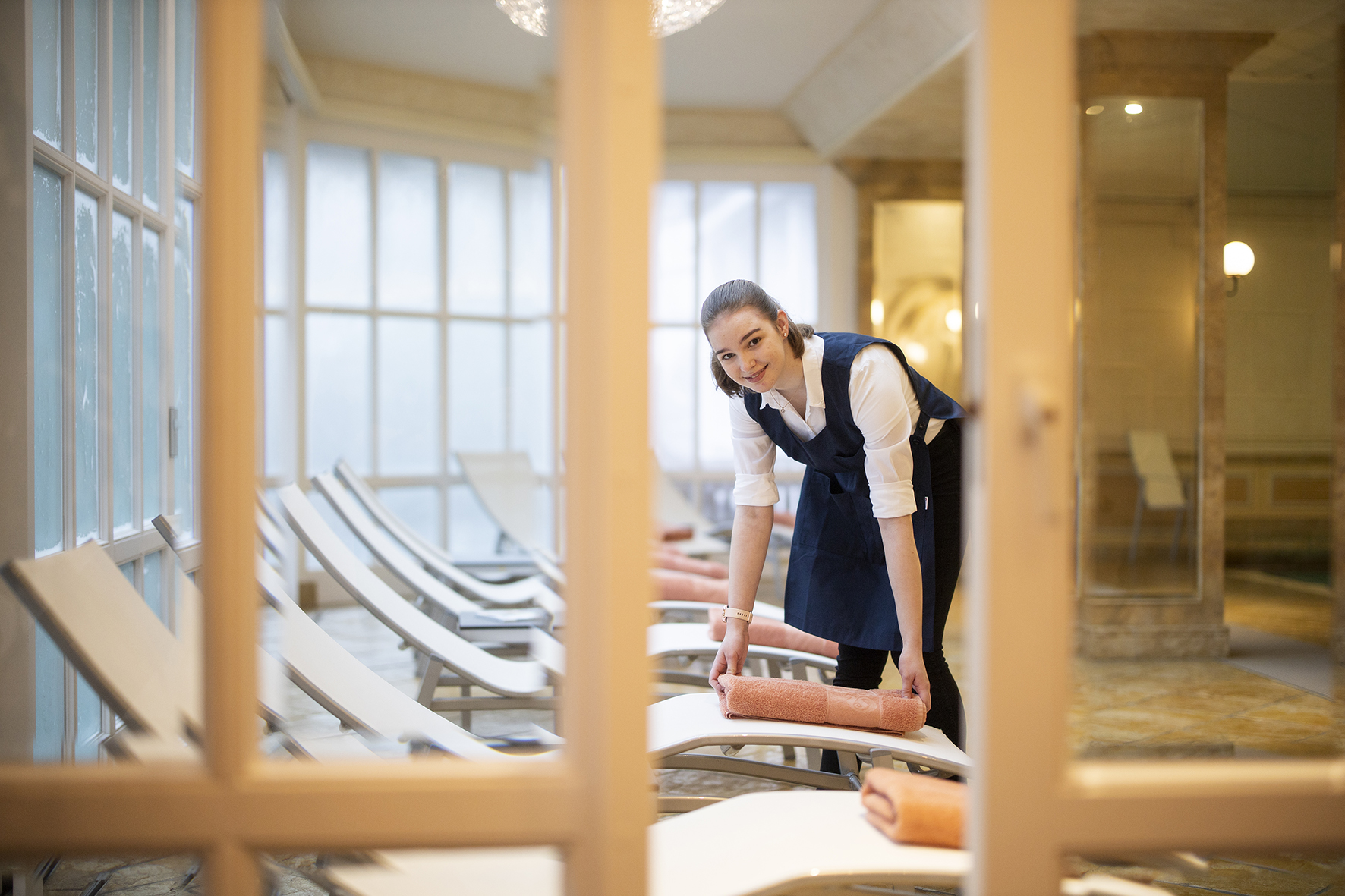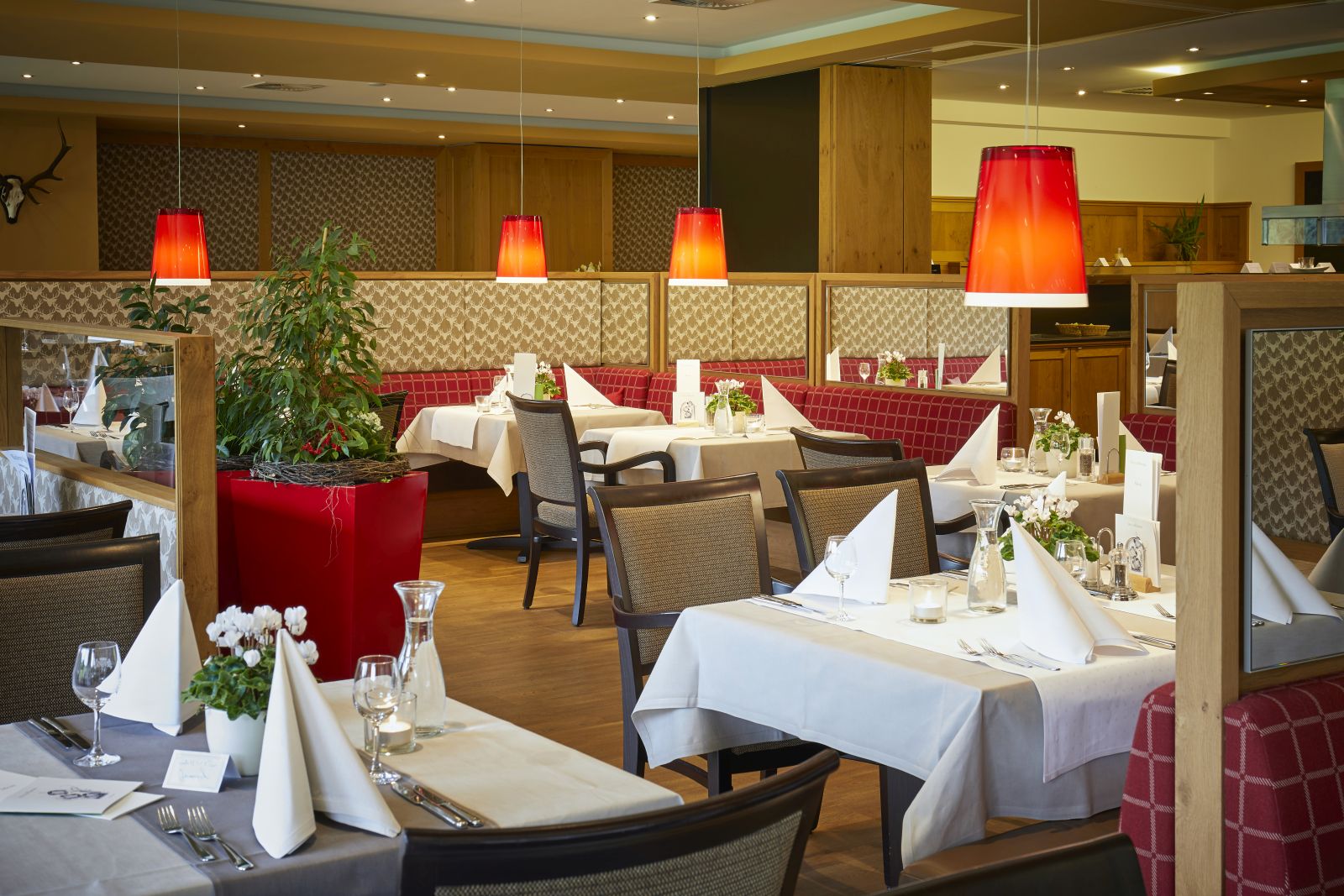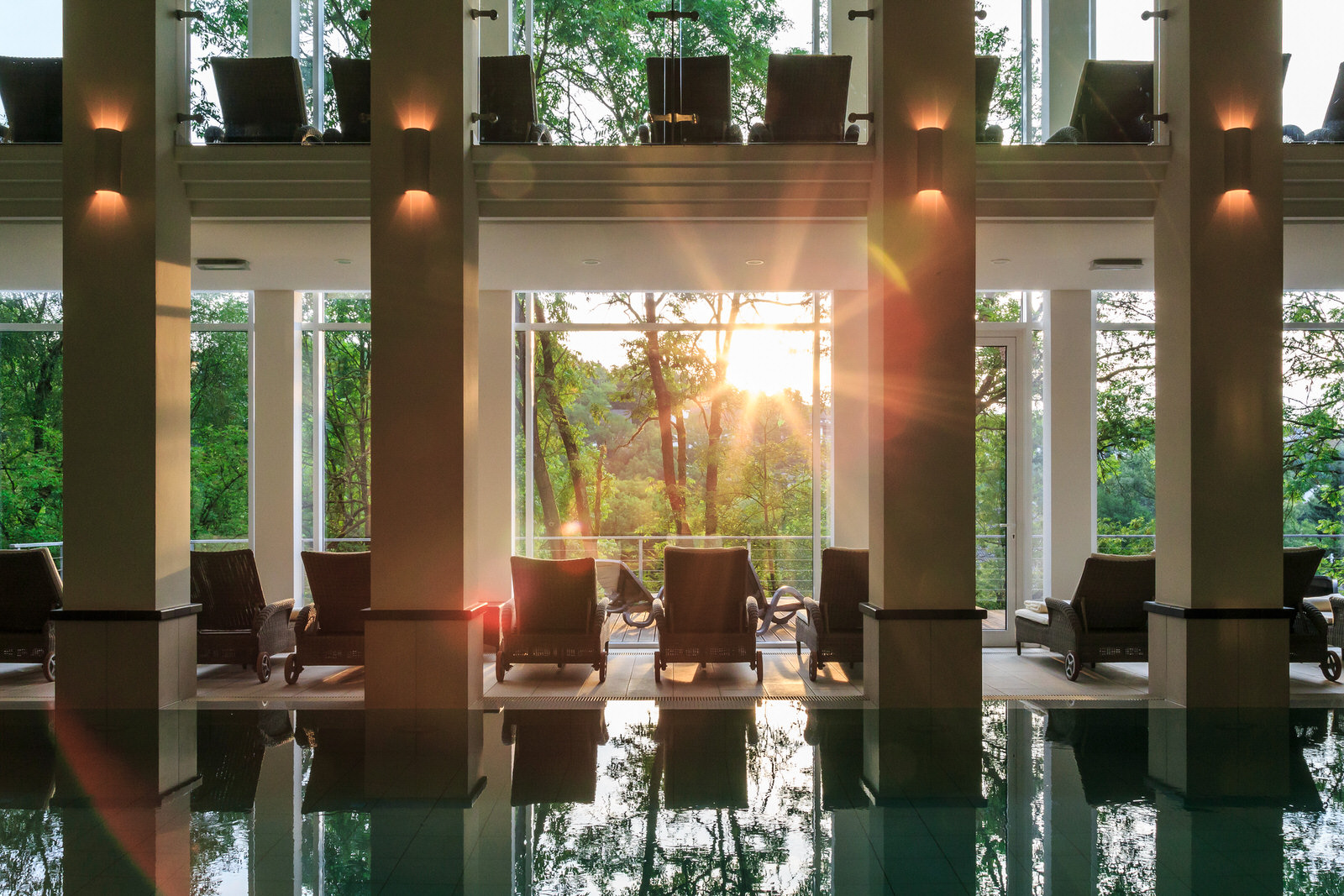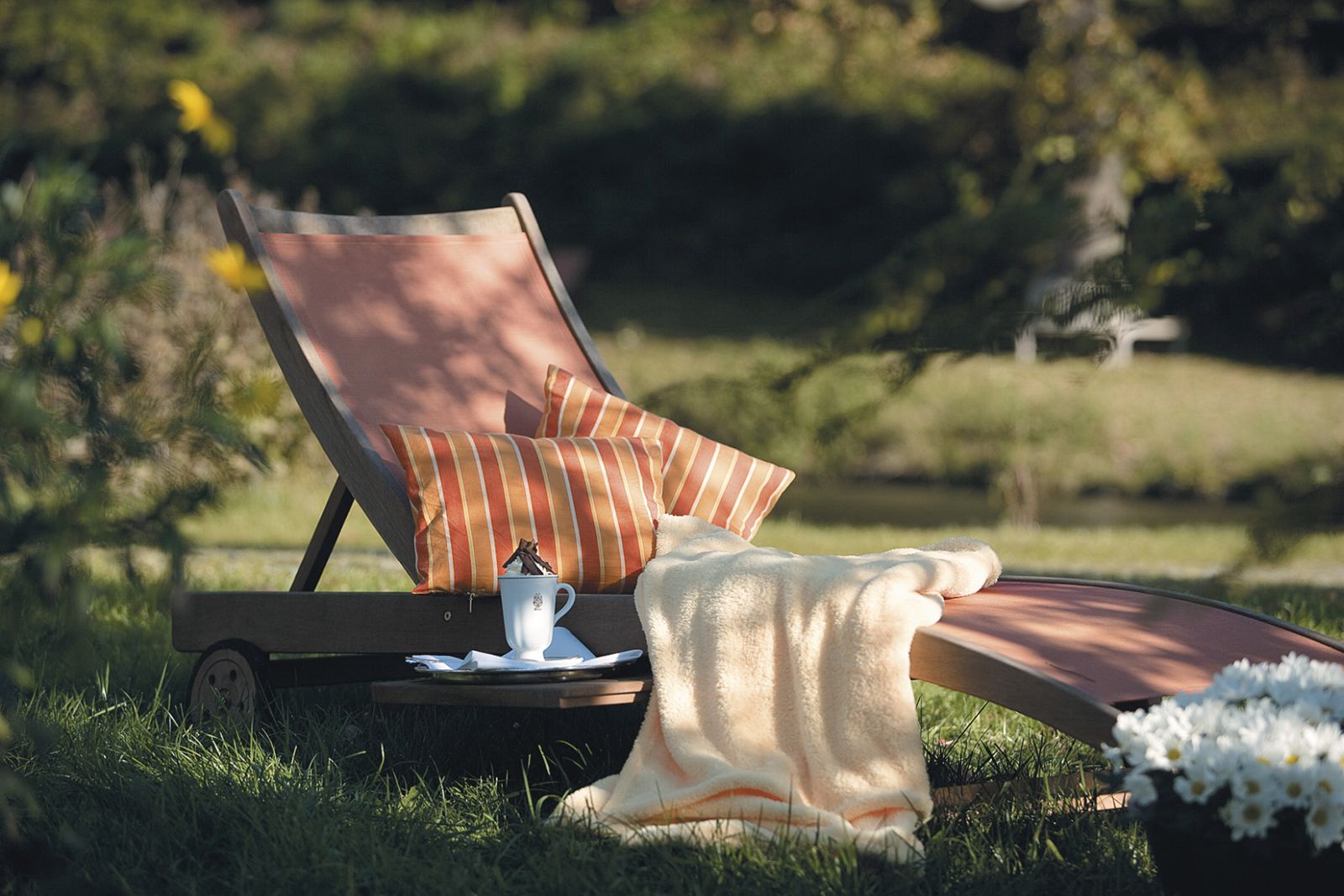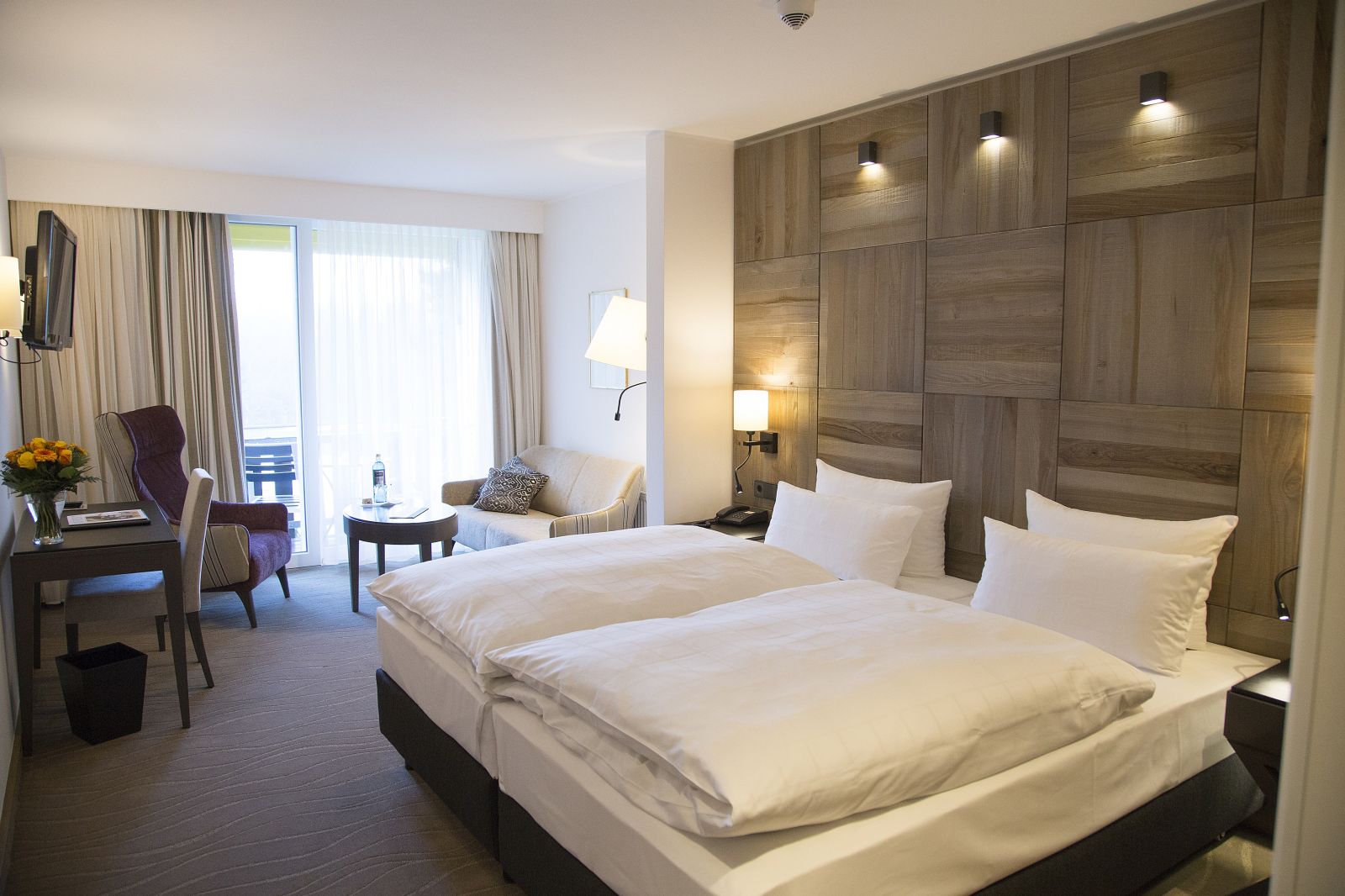SUSTAINABILITY
"Sustainability must be an attitude in business management"
The topic of sustainability also plays an important role for us. And has been for many generations! Because in our family-run businesses, sustainability in planning and company management is part of our DNA, meaning it is "inherited" and practiced as a matter of course.
However, it is not only sustainable thinking in our own company that is important to us. We also want to preserve our beautiful Sauerland region for the future and for future generations.
Tour CERT for sustainable tourism
The Sauerland was certified by Tour CERT in April 2024 and awarded the title of "Sustainable Destination". In this context, we have qualified with Tour CERT in the area of "Sustainable Tourism" and are now working together with the region in a continuous improvement process.
We regularly look at our measures and scrutinize internal processes, the use of resources, working conditions and cooperation with our partners. We have appointed a sustainability officer who supports us and helps us to formulate individual and joint improvement measures.
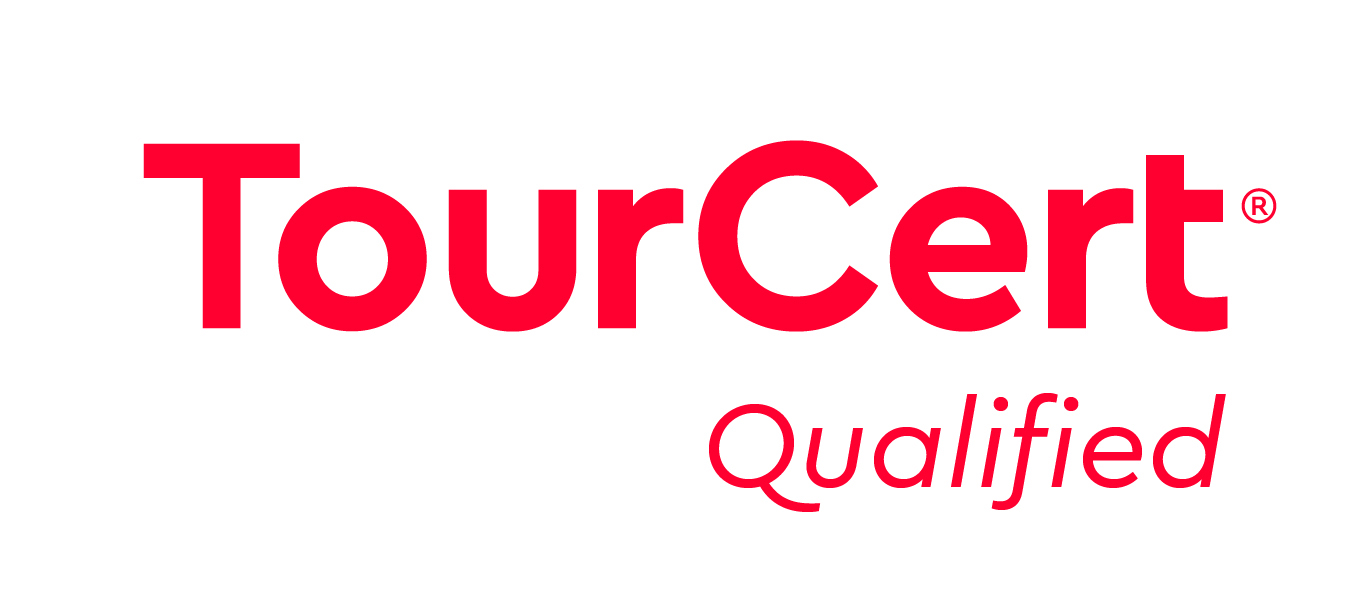
The independent certification organization Tour CERT advises and supports tourism companies and destinations in the implementation of sustainable and successful business practices. More information is available here at Sauerland Tourism.
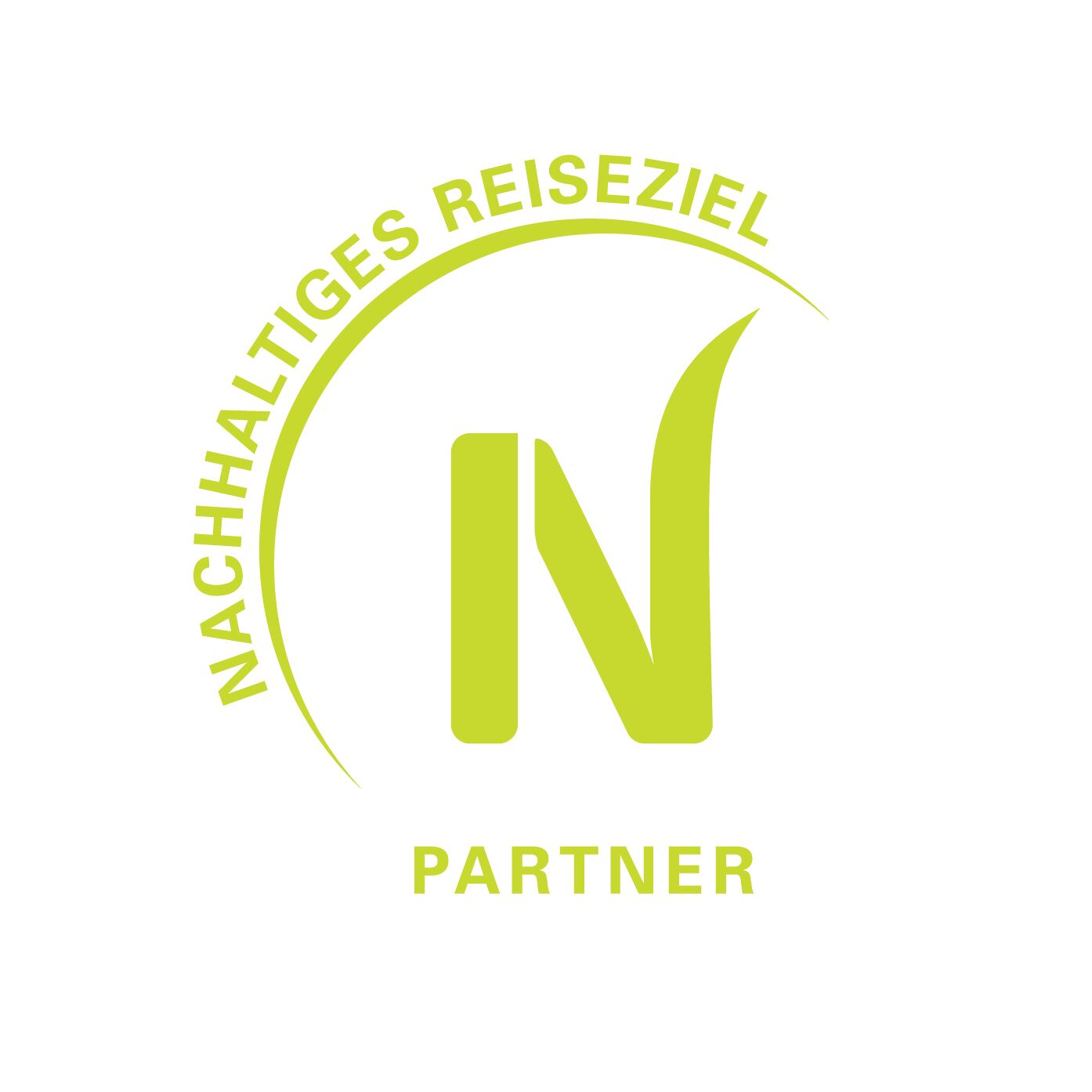
More info
In our "Mission Statement", we have summarized our stance on sustainability in very concrete terms. You can find out more about us hosts and the hotel cooperation under "About us". Further down on this page you will find an interview with the cooperation manager and sustainability officer, which provides an insight into the implementation of the sustainability concept.
Interview
As cooperation manager and sustainability officer, Elke Stahlmecke is responsible for concerted measures and the handling of joint topics such as network development, training, employee recruitment and retention, further training and guest marketing. She previously worked for a hotel chain for many years. The focus here was on quality management and process optimization. She had already encountered the topic of sustainability back then. This interview was conducted as part of a student research project.
What experience have you already had with sustainability in the hotel industry?
Even earlier, there was a development that could be attributed to sustainability: I remember the introduction of bathroom stickers for towel changes, shower gel and soap dispensers instead of expensively packaged soaps and shampoos and the elimination of small waste containers on breakfast tables because individually packaged food was no longer used for breakfast. However, the main motivation for these process optimizations was actually always to reduce costs.
In my perception, there is a fundamental change in people's attitude towards protecting the environment and nature.
In my opinion, there is also a reassessment of the sustainability principle in the hotel industry. For new buildings, renovations and furnishings, for example, much more emphasis is placed on recyclability and regionality. Even employees' work clothes are made from natural materials; a laundry service is offered, as the large hotel washing machines use less energy. Carpooling to work is supported and meals, including those for employees, are preferably made from regional products.
The CO2 debate and movements such as "Fridays for Future" are bringing the issue of sustainability more and more into the public eye.
How do you define sustainability yourself?
Sustainability means thinking long-term in everything you do and aligning measures in such a way that they are gentle on people, the environment and resources. I see the opposite of sustainable management in business models designed for quick success and those that consciously accept the waste of resources.
Why should sustainability also be an issue in the hotel industry?
In the same way that more attention is now being paid to sustainability in private homes, this should also be the case in the hotel industry. The topic of energy is a particularly important aspect: automatic control of heating systems, conversion to renewable raw materials, energy recovery systems and special technology in swimming pools continuously contribute to reducing CO2 levels.
Isn't the issue of sustainability used more for publicity purposes and cost savings?
Sustainability must be an attitude in business management. Success can only be achieved if the topic is viewed and dealt with holistically. Only when this is the case can it also be used in the external image. If the goals are clearly formulated and the measures are implemented consistently, costs can also be saved.
How can guests themselves minimize their ecological footprint?
One thing that comes to mind is traveling by public transport. We are currently discussing waste separation in the rooms internally. We are also considering leaving it up to the guests to decide whether or not their room should be cleaned every day. We still need to find creative solutions for the big issue of laundry cleaning, especially for cloth napkins and bathrobes.
Is there already a concept for implementation? Which aspects play a special role?
In the Schmallenberger Sauerland, all guests receive a guest card that enables free travel on public transport. Of course, they can also use the hotel transfer services or explore the countryside on e-bikes. The important thing is that it costs hotel guests little effort to get around sustainably. If the implementation involves effort or reduced comfort, a corresponding concept that contributes to sustainability is less likely to be accepted. The reason and goal of the stay is and remains: a relaxing vacation.
Where do you see potential difficulties?
First and foremost, guests should be able to relax. Too many rules and restrictions have a negative impact on well-being. We must try to manage processes and procedures so skillfully that no restrictions or even shortcomings are perceived. We provide bath towels for the wellness area packed in bags in the room and only hand out more in the wellness area on request. Shelves of towels, which are constantly replenished, tempt you to take a fresh one after a short period of use. However, I have noticed a change in behavior, especially among younger guests. They are already much more aware of the idea of sustainability and protecting the environment.
Do you think it is important to use sustainability labels?
A seal is desirable as an internal tool to ensure that the necessary criteria are implemented by the entire hotel team with full conviction and continuously both internally and externally. This makes the attitude towards this topic authentic and tangible for the guest. It makes little sense to strive for a seal for marketing purposes only and not implement the measures consistently. Guests will quickly notice this on site and may comment negatively.
A classic example: In the bathroom, a sticker informs the guest that towels will be replaced if they are left on the floor.
Guests hang towels on the towel rail because they want to use them again. Nevertheless, they are often replaced daily by housekeeping.
A seal can really tip the scales in the booking decision. In case of doubt, the guest will opt for the certified hotel.
However, as with organic labels, there are unfortunately also many different labels for sustainability, with the criteria on which these certifications are based being very different and therefore confusing. For this reason, we have decided not to seek certification for the time being.
What role does sustainability play in employee recruitment?
When recruiting employees, especially in a rural region, it is important to establish yourself as a reliable and fair employer. One of the criteria for being a member of our cooperation is that the hotel must be owned and managed by an entrepreneurial family. This means that employees have a fixed contact person and can plan for the long term. For me, shift changes with no partial shifts and fixed, predictable closing times, schedules worked out well in advance and job security are also part of sustainability.
Do you think hotels can be role models for their guests when it comes to sustainability?
As important as the topic is, guests should first and foremost relax in the establishments and have a good time. It is not our aim, nor is it desirable, as hosts to bring the topic of sustainability into the vacation with a "raised index finger".
Where is sustainability already being taken into account within the cooperation and what has already been implemented?
The companies have done a lot in the area of energy management in particular. For example, there are heat recovery systems and combined heat and power plants as well as a switch to LED technology, motion detectors and timers for lighting. Rainwater is collected for watering the green areas. Wherever possible, products are purchased directly in the region - this applies to food, but also to services and other products. In housekeeping
environmentally friendly cleaning agents and in many places consumption has been reduced by using dosing dispensers.
And as already mentioned, in addition to the daily towel change, guests are increasingly being offered the option of daily room cleaning.
When it comes to business management, the family businesses of the Sterne im Sauerland have literally absorbed the topic of sustainability with their mother's milk. The long-term orientation of the business and the handover to the next generation are traditionally the driving forces of the owner families. For the employees, this means great planning security for their jobs.

